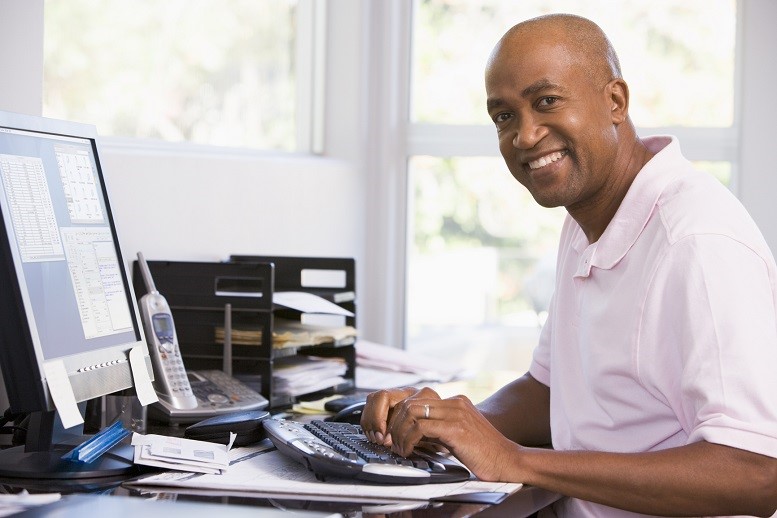Different people have several approaches to how they use their PC. Most people are a bit reckless with their devices and often run into issues that require money to fix and which could have been prevented with proper knowledge.
Using your PC wrongly can cause it to malfunction and put you at the risk of losing your data and saved information, while developing good habits when using computers will ensure that the device lasts long enough to serve you, and also ensures that you’re healthy and comfortable and you’re enjoying the entire experience.
Below are a few tips to help you use and take care of your PC better, and get the most out of it.
Shutdown When You’re Done
It’s a healthy practice to shut down the computer after usage, so that when next you want to use it, the computer can start up with a fresh slate. Each time your PC starts up, it has fresh memory and will just work better. In fact, a quick fix for some PC issues is to restart the device. This is preferred over hibernating or sleeping the device.
Unplug from Wall and Save Energy
If your PC battery is full and you are no longer working with it, you should unplug the charger from the wall socket. Most people just unplug the charger from the PC and leave it plugged into the wall. A power surge would actually render that charger useless, so unplugging it is good practice, plus you get save on electricity.
Ventilation for The Fan
Locate the fan on your PC. Check the user manual or look around the PC. Its most likely on the left or right side with a vent to let air in and out. Some computers like MacBook have their vent behind the PC, at the space just beneath the screen, in between the display hinges. Wherever it may be, ensure there’s enough clearance for air to move in and out. Blocking the vent with books or cloth or something will result in your PC heating up and eventually, your internal components will get fried.
Take a walk
Don’t be on your PC forever without taking a walk periodically. Stretch your legs and your body and save yourself from developing health issues. Also, maintain a good posture while using a desktop or a laptop computer.
Wipe/Clean Regularly
Clean your PC with a clean damp towel (not wet) regularly. Some PC displays are so foggy because their owners never care to clean. Wipe every part of your PC well.
Declutter Your Hard Drive
Delete all files you’re no longer using. Clear the desktop of useless shortcuts and files. Empty your recycle bin. Always ensure your hard drive is at least, half empty always. Get an external hard drive, where you can store files. If your hard drive gets full, your PC will start being sluggish in performance.
Replace Failing Components
If your PC is ageing and a few components are beginning to fail, it’s in your best interest that you replace them with a new unit, that’s if you do not want to replace the PC yet. Always buy PC stuff from certified stores and consult a qualified technician.
Disconnect from WIFI After Use
If you’re using a WIFI connection on your PC, endeavour to disconnect when you’re done working. Leaving it on always could put you at risk of being hacked or malicious software being injected into your PC. If you’re going to leave it on, ensure you have a strong firewall and antivirus program running.
Keep Water and other Liquids away
Water and liquids are probably the worst enemies of any electronic device that’s not built to be water resistant. Keep liquids very far away from your PC. Don’t eat around your PC. Keep your snacking on the dining table. Liquids would immediately destroy all the internals of your PC if it gets in contact with them.
Protect Against Power Surges
Get a wall socket that’s built to resist power surges. Plugging in your PC to the wall one leaves you vulnerable, as a power surge would condemn both your charger and the motherboard of your PC. Motherboards are very expensive to replace as such damages are hardly fixable.


